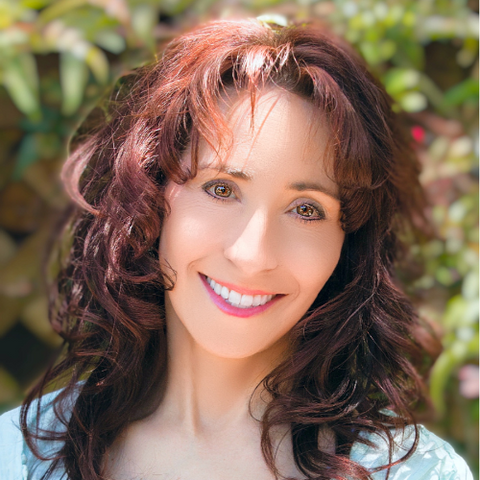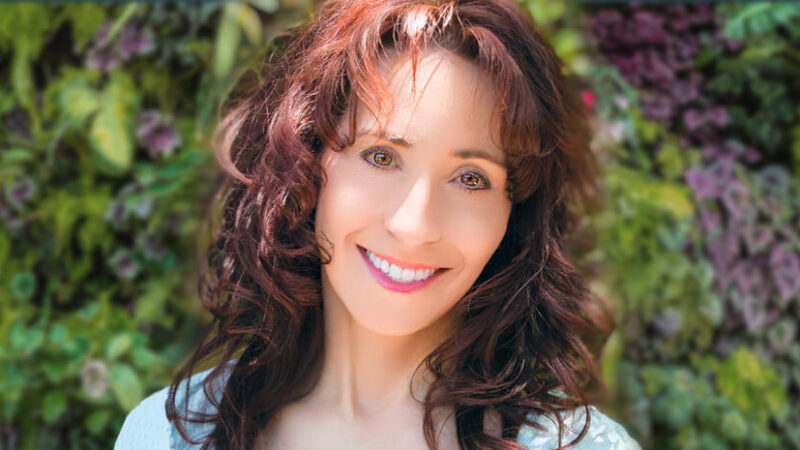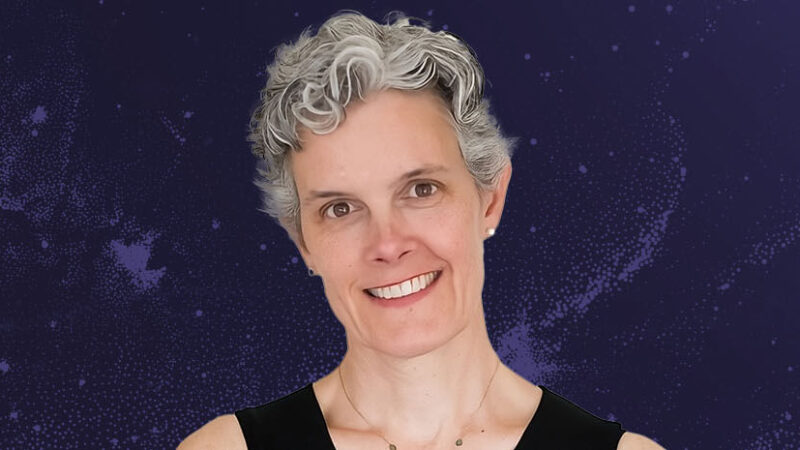Elissa Epel: The Stress Prescription
How can we live without the sense that our value is measured by achievements and productivity? What kind of attitude and skills are needed today to deal with the stress so many are feeling? In a nutshell, what does it mean to be human right now?
In this podcast, Tami Simon speaks with bestselling author and stress expert Dr. Elissa Epel about the inextricable connection between the mind and the body and how we each have the capacity to protect our health and well-being even in times of volatile uncertainty.
Take a break, relax, and breathe, as you listen to this hopeful conversation on breaking free from toxic cultural imperatives; changing our minds, bodies, and environment; aging and the telomere effect; understanding the types of stress, such as acute, chronic, and restorative; cryotherapy and the benefits of cold exposure; deep rest, and how to get more of it; shifting the messages to our cells from “stay vigilant” to “I’m safe”; developing awareness and choosing your response; nervous system regulation; planting safety cues and secluded breaks into your day; befriending the body; “turning from gazelle to lion” in the midst of stress; seeing the beauty in each day; and more.
Note: This episode originally aired on Sounds True One, where these special episodes of Insights at the Edge are available to watch live on video and with exclusive access to Q&As with our guests. Learn more at join.soundstrue.com.





